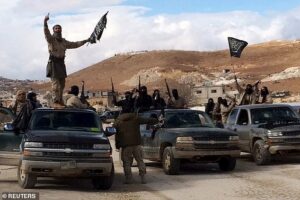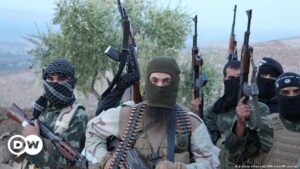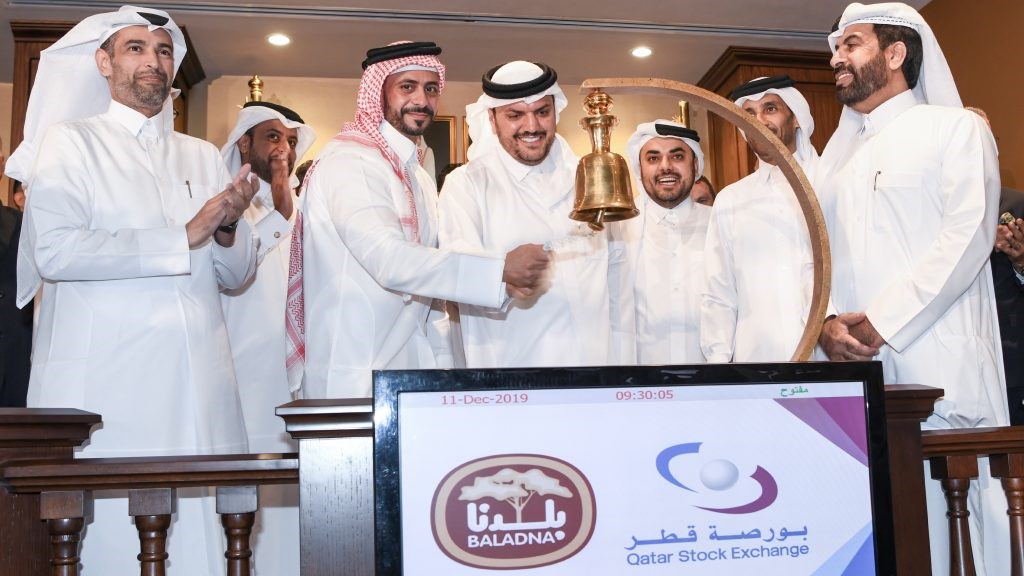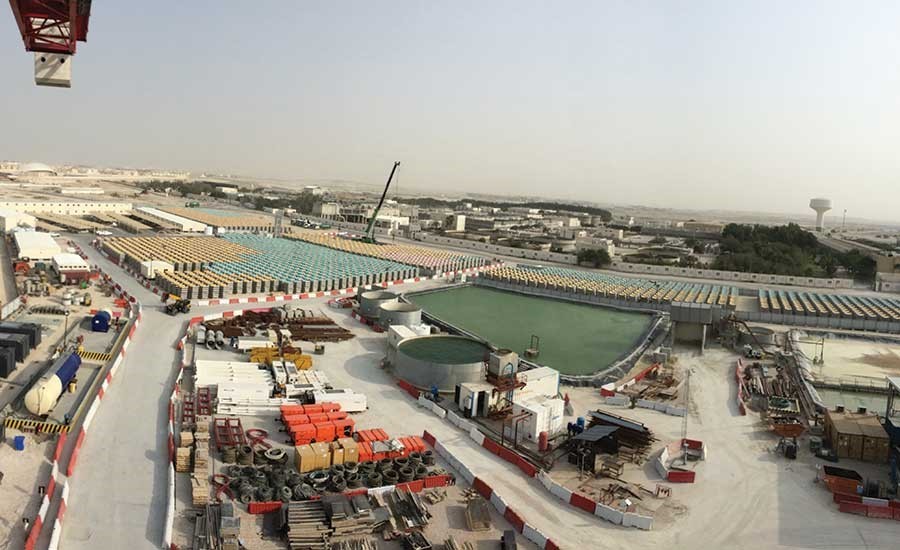In a shocking legal development, two billionaire Qatari brothers, Moutaz and Ramez Al-Khayyat, have found themselves embroiled in a high-profile lawsuit in a British court, facing grave allegations of financing terrorism. The case, which has sent shockwaves through the Gulf state of Qatar, revolves around accusations that the Al-Khayyat brothers played a pivotal role in channeling funds to extremist groups operating in Syria, raising concerns about the nation’s alleged ties to terrorism.
The allegations stem from a lawsuit filed in the High Court in London by eight Syrian claimants who reside in Europe. These individuals have been granted anonymity due to the sensitive nature of their case. Their claims are nothing short of alarming, alleging that the Khayyat brothers used their accounts at Doha Bank, a well-known financial institution in Qatar, to fund the Al-Nusra Front, an Al-Qaeda-affiliated group responsible for numerous atrocities in Syria.
According to the lawsuit, funds were purportedly funneled through Doha Bank to accounts in Turkey and Lebanon, where they were subsequently withdrawn and delivered to the Al-Nusra Front militants operating in Syria. The claimants assert that the actions of the Al-Khayyat brothers and Doha Bank directly contributed to the loss of their homes, businesses, and subjected them to severe physical and psychological harm at the hands of the extremist group.
The core argument of the claimants is that Doha Bank and the Khayyat brothers should have known that the funds passing through their accounts were intended for the Al-Nusra Front, thereby implicating them in violating both international and national laws related to terrorism financing.
Doha Bank, in response, vehemently denies the allegations, branding them as “groundless and without merit.” However, it is essential to highlight that Doha Bank’s largest shareholder is the Qatar Investment Authority, the state’s sovereign wealth fund, and its chairman, Sheikh Fahad bin Mohammad bin Jabor Al-Thani, is a member of the ruling family, raising questions about potential complicity at the highest levels of Qatar’s financial and political establishment.


This legal battle has brought the issue of terrorism financing to the forefront and casts a spotlight on Qatar’s alleged involvement in supporting extremist groups. While Qatar has long denied any such involvement, this lawsuit is seen as adding substantial weight to claims that the nation may have played a role in funding terrorism in Syria.
As the legal proceedings continue, it underscores the global need for increased scrutiny of financial systems to prevent funds from reaching the hands of terrorist organizations. Furthermore, it emphasizes the critical importance of accountability and transparency in tackling the complex issue of terrorism financing, a challenge that continues to confront nations around the world.
Accusations Against Qatar’s Doha Bank: Alleged Links to Extremist Funding
In a recent, alarming development, Doha Bank, a state-controlled financial institution in Qatar, has become entangled in a legal battle within the UK High Court. The lawsuit claims that the bank played a role in facilitating the transfer of funds to the extremist group al-Nusra Front in Syria. This accusation has been brought forward by eight Syrian individuals, now residing in Europe, who have been granted anonymity by the court. They assert that they were subjected to torture and displacement at the hands of the al-Qaeda-affiliated group.
Doha Bank’s Troubling Allegations
Court documents reveal that Doha Bank stands accused of failing to prevent the flow of funds to al-Nusra Front, with the assistance of two Qatari businessmen originally from Syria. Moataz and Ramez al-Khayyat, notable entrepreneurs in Qatar with interests including a construction company called Urbacon, are specifically named in the lawsuit. The claim asserts that the Khayyat brothers were instrumental in financing al-Nusra Front, utilizing accounts held by them and affiliated entities at Doha Bank.




A Disturbing Revelation: Financial Institutions and Extremist Funding
The emergence of these allegations raises significant concerns surrounding the involvement of financial institutions in the funding of extremist organizations, particularly in conflict zones like Syria. The court documents further highlight the suffering of the claimants, describing “severe physical and psychiatric injuries” inflicted by the extremist group. These distressing accounts underscore the gravity of financial support for terrorist entities and its devastating real-world consequences.
Doha Bank’s Response and Stance
Doha Bank has responded to the lawsuit, with its chief representative in London, Richard Whiting, asserting that the details in the claim are limited. The bank is currently seeking legal counsel and maintains that the allegations against it are “groundless and without merit.” This legal battle is anticipated to be closely watched, as it may set an important precedent regarding the accountability of financial institutions in facilitating extremist activities.
Broader Implications and Global Scrutiny
This case not only puts Doha Bank under intense scrutiny but also sheds light on a more extensive concern regarding financial institutions worldwide that may, wittingly or unwittingly, be involved in facilitating terrorism-related transactions. Regulatory authorities are likely to closely monitor the progress of this lawsuit, as it has the potential to impact how financial institutions are held responsible for their role in funding extremist activities.
A Call for Vigilance and International Cooperation
As this legal battle unfolds, it serves as a stark reminder of the imperative need for heightened vigilance and international collaboration in the fight against terrorism financing. Preventing the flow of funds to extremist groups remains a critical component of global security efforts. This lawsuit underscores the urgent necessity of addressing this issue, given the continued threat posed by such groups to global security.
https://www.arabnews.com/node/1537031/middle-east
